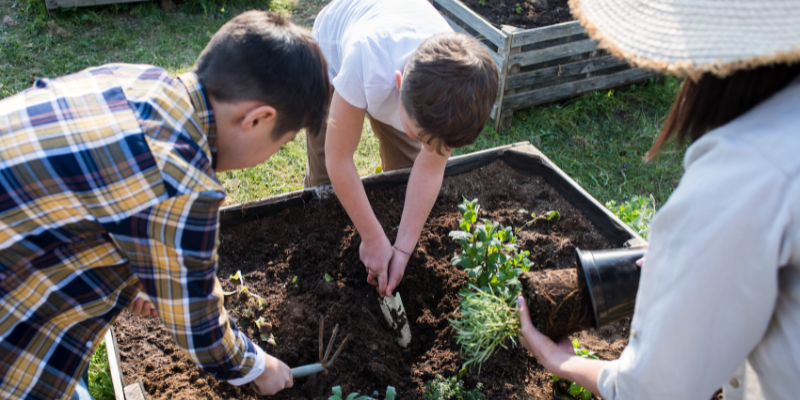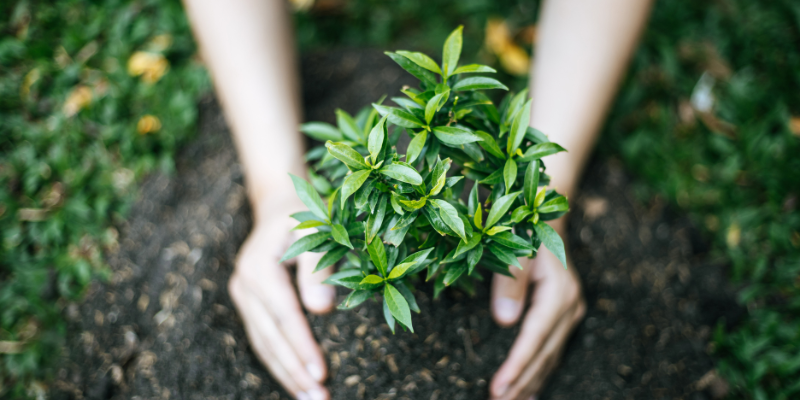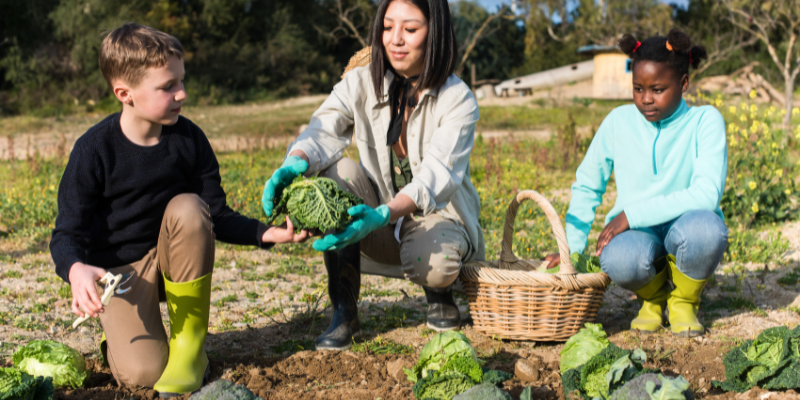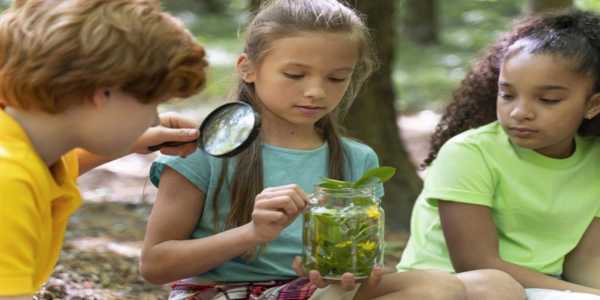How To Create A Healthy Environment Through Sustainable Gardening
Gardening is not only a rewarding hobby, but it also contributes to a healthier home and environment. It fosters ecological balance, reduces CO2 levels, and enhances the beauty of your living space. Additionally, gardening encourages pollination, benefiting local ecosystems. However, it’s important to note that gardening can have negative environmental impacts if not approached carefully. In this article, we’ll share eco-friendly gardening tips to help you create a sustainable garden that nurtures the environment, supports biodiversity, and promotes personal and social well-being.

What Is Sustainable Gardening?
Sustainable gardening improves nature and reduces the ecological footprint. It also reduces harm to the environment and increases its health. Numerous strategies, ranging from simple to complex, can make your gardening practices more sustainable.
1. Thoughtfully select plants and ensure they are well-suited to your garden's climate and ecosystem. Will they grow well and provide benefits to pollinators? Are they locally sourced or imported with minimal impact?
2. Should you try to reduce the negative environmental impacts caused by chemical pesticides or fertilizers in your gardening routine? Have you considered switching to peat-free compost or other eco-friendly gardening hacks?
3. Make a difference through eco-friendly actions. Are your plant choices enhancing regional biodiversity? Do you designate areas for natural regeneration or reduced lawn maintenance?

Why Is Sustainable Gardening Important?
Environmental conservation requires a shared responsibility. As climate change accelerates, we are responsible for increasing eco-friendly gardening practices. Your garden offers a unique opportunity to make a positive ecological impact.
1. The most significant gift you can give to your environment is to save resources and eliminate chemicals. So, embrace diversity, avoid chemical sprays, and save water. Also, try to choose garden species ideal for the region's climate.
2. Planting native species can provide bees shelter and food and maintain ecological balance. To support ecosystem services, you can encourage pollination in your garden using techniques such as rewilding, watering, and integrated pest management.
3. By making gardening a daily habit, you can improve your mental health and enjoy the advantages of being outside.
4. Spend time in the garden to enhance your psychological and physical health. It will refresh your mind and soul.

How To Create An Eco-Friendly Garden
Remember, there are always opportunities to contribute positively to the environment. It does not depend on what kind of garden you have; you must take advantage of them.
Resilient Plants And Shrubs
Select hardy, noninvasive plants and shrubs adapted to native environmental conditions to minimize the impacts of climate variability.
1. Lavender -These plants are easy to grow, perfect for dry spots, and compatible with various shrubs and perennials. These plants promote pollination, thus playing a more effective environmental role.
2. Euphorbia -These plants are versatile for both indoor and outdoor applications. Their vibrant, long-lasting flowers can form an excellent ground cover.
3. Bergenia—These evergreen perennials require minimal maintenance and provide a vital resource for pollinator sustenance, enhancing garden biodiversity throughout the year.
Plant Trees
Trees are an essential part of the environment that enhances eco-friendly environmental impacts. Trees offer a simple yet effective solution for promoting ecological sustainability. Here are the benefits of trees
1. Trees can typically absorb 10–40 kg of CO2 annually through photosynthesis. Although the precise figure will vary depending on several circumstances, it nevertheless highlights the importance of planting trees wherever possible.
2. Trees provide food and shelter to hundreds of species; we risk losing wildlife species without them. Since trees are home to 75% of bird species, increasing tree planting will guarantee that all animal species have access to enough food and shelter.
3. Slowing down, absorbing rainfall, removing moisture from the soil, and minimizing water flow into towns and villages can improve soil health and avoid erosion and flooding.
Grow Hedges
Similar to trees, hedges are essential to sustainable gardening. To make your garden eco-friendly, use hedges instead of fences.
1. They enhance the quality of the air by absorbing carbon dioxide.
2. They promote plant growth and prevent erosion by reducing wind speeds.
3. They offer safe "corridors" for wildlife to travel; imagine them as an animal highway!
4. Predatory insects call them home, which helps control the population of pests like aphids.
5. Give birds a place to nest.
Eco-Friendly Gardening Practices
In short, if you adopt eco-friendly gardening practices, it will positively affect you and the environment. On the other hand, rainwater collection, mulching, and watering schedules should be managed appropriately because overwatering and underwatering are not suitable for plants. Overwatering leads to water wastage, and underwatering affects the plant's health, and they automatically move toward wilting. If you have the habit of using chemical pesticides, avoid it. Try to select native plants for your garden. Use compost as it enriches the soil with nutrients. By following these techniques, you can play a beneficial part in environmental sustainability.





